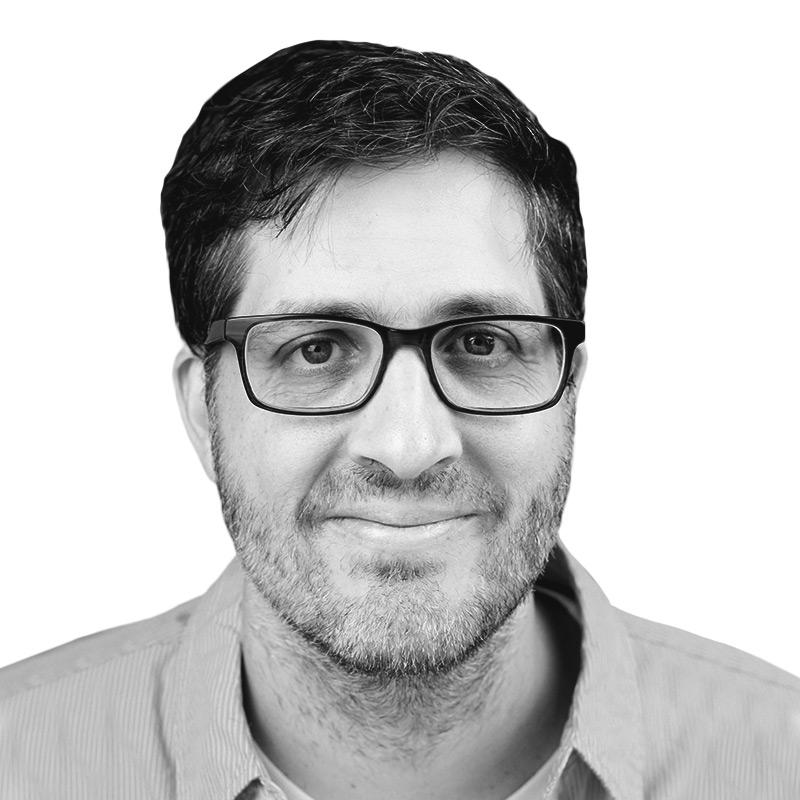
One thing you could do with your time is watch one of Puff Daddy’s many appearances on The Ellen DeGeneres Show. “You know what I just realized?” the rapper-producer-mogul-goofball born Sean John Combs asked during an October 2017 visit, nominally addressing Ellen DeGeneres herself, but gazing at her studio audience with such amiable magnetism that an unseen member of that audience blurted out, “What?” “I’m a hypochondriac,” Combs replied. He was discussing both his previous appearance on Ellen (he walked around backstage holding the IV bag connected to his arm) and the scene in the full-length documentary Can’t Stop, Won’t Stop: A Bad Boy Story, released in June, wherein he receives a vitamin shot in his butt, on camera. The clip on Ellen’s YouTube channel detailing all this is titled “Sean ‘Diddy’ Combs Talks His Butt, and Feeling Happy.”
From there, Ellen congratulated Combs on topping Forbes’s “The Richest in Hip-Hop of 2017” list with a reported net worth of $820 million then poured him a shot of his new Cîroc French Vanilla vodka. “And it’s gluten-free,” Combs noted, throwing the shot down as suavely as one can on daytime network television.
I enjoy this person very much. I will, theoretically, watch him do anything. This resolve will be tested starting Thursday night when he appears as a judge on a new singing-competition reality show alongside Meghan Trainor.
The best part of this brief teaser for Fox’s The Four: Battle for Stardom is when Combs blurts out, “Vocal gladiators!” You don’t need to know anything, but if you really want to know something, here’s what you need to know. It features four judges: Combs, Trainor, DJ Khaled, and Republic Records president Charlie Walk, a.k.a. darkest-timeline Ansel Elgort. (Combs got them all on Ellen just this week, along with the host, Fergie.) The Four has a very confusing conceit (the competition’s four finalists have already been selected, and will ostensibly spend the show’s run fending off new challengers). And it is deeply, deeply unnecessary.
Counterpoint! “It’s gonna revolutionize vocal competition shows,” Combs boasted recently during his wacky and debonaire entry in Vogue’s “73 Questions” video series, which features extended shots of a beautiful, lavishly decorated, stark-white Christmas tree worthy of a Nancy Meyers movie. Any of the 72 questions not pertaining to The Four are more interesting. A sampling:
Before we begin, how do I address you?
You can call me Love.
Love, how do you describe yourself?
I’m vivacious, I’m eccentric, and I’m a Scorpio.
What’s one misconception about you?
There are no misconceptions about me.
What’s one thing you need every morning?
I need a hug.
Diddy will definitely be the best thing about The Four, and very probably the only tolerable thing. Let us now check in with the platonic ideal of mogul-class hip-hop—on Ellen if not quite on record.
The top three on that rap-themed Forbes list collectively had quite a 2017, mixing the usual imperial triumphalism with something far more intimate and vulnerable. Jay-Z (no. 2, $810 million) put out the shockingly great 4:44, a stark rundown of his high-profile entrepreneurial successes and his even higher-profile personal struggles. Dr. Dre (no. 3, $740 million) appeared in July’s excellent four-part HBO documentary The Defiant Ones, which chronicled both his thorny life story and his lucrative partnership with fellow producer-mogul Jimmy Iovine. For a global superstar, the reticent and often clearly uncomfortable Dre almost qualifies as a recluse. (At no point does he receive a vitamin shot in the butt on camera.) But he recognizes the value, both to his legend and his bottom line, to letting a little more light in.
Combs figured that out a long time ago, of course. Can’t Stop, Won’t Stop is an Apple Music exclusive with far less polish and prestige than The Defiant Ones, but substantially more whimsy. It dutifully runs through his career highlights, watching in awe as he builds his Bad Boy Records empire and then reconvenes the crew, from Mase to Lil’ Kim to Mary J. Blige to the Notorious B.I.G. in indomitable spirit, for a pair of massive May 2016 reunion shows at Brooklyn’s Barclays Center. Over the course of 80 minutes, Diddy delivers a solid half-dozen pep talks; with less bombast but precise devastation, he also throws about that many quiet-storm tirades. “You have to fix your energy,” he intones, dismissing a cowed underling; “Y’all playing this shit like we a wedding band or something,” he tells his incredulous backing band. The first time he lays eyes on the arena show’s lighting rig, he is no more diplomatic: “Those lights are cheap as fuck.” The good news is he knows what he wants. The bad news is this is what he wants: “I like God Light.”
But the doc saves the oddest and most Diddyesque flourish for last. The Bad Boy crew is preparing for two shows at Barclays on consecutive nights, but the second night—on May 21, which would’ve been B.I.G.’s birthday—is held up as the only one that really matters. When showtime arrives, in fact, the first night is flatly portrayed as a stiff, amateurish disaster: “One of the worst shows of my life, as far as for me,” Combs says, sitting depleted in a hotel room. He gets the aforementioned vitamin shot; midway through the doctor checkup, he asks for a Kleenex, and then casually blows his nose into a tissue printed to look like a ream of $100 bills. It’s perfect and absurd: Combs takes great pains to reveal himself at his weakest just to reiterate that he’s invulnerable. The second night at Barclays, this movie will have you know, turns out to be world-historically incredible; same deal with the resulting national tour.
True victory is only possible without the constant threat—or the actual occurrence—of defeat. Spoken like a guy who understands reality TV. Combs is no stranger to this realm: In 2000, he debuted Making the Band, which lasted four seasons shifting from ABC to MTV, and gifted the world with such enduring cultural artifacts as Danity Kane and “I’m shuttin’ the studio down!” But it would be a mistake to confine Combs’s influence in the 2010s to the realms of slick huckster appeal. Last Train to Paris, his 2010 album with R&B singer-songwriters Dawn Richard and Kalenna Harper under the name Diddy-Dirty Money, holds up great in 2017, with a space-age futuristic sheen that makes it sound far less dated than plenty of records half its age. It’s amazing that we even let NBA superstars return to their original teams before this song existed.
Combs’s last full-length project, 2015’s quasi-cinematic mixtape MMM, was much rougher but still had its moments; since then, he’s been trying to get No Way Out 2, the long-threatened sequel to his crazy-huge 1997 solo debut, off the ground. It is unclear if The Four is a publicity-attracting means to an end toward that goal or yet another unwelcome distraction, but the moral of the ongoing Puff Daddy story is that no distractions are truly unwelcome. (A less likely distraction with far greater potential: He’s made some noise about trying to buy the Carolina Panthers, possibly in tandem with Colin Kaepernick.) He is slumming a little on The Four, but nobody makes slumming look more grandiose, more celestial, more suffused in God Light. Give this show a chance, especially if he’s feeling tyrannical and combative. I would certainly spend a few hours, at least, watching him tell random civilians to change their energy; there is no harm in giving this confounding and mesmerizing man one more studio to shut down.

